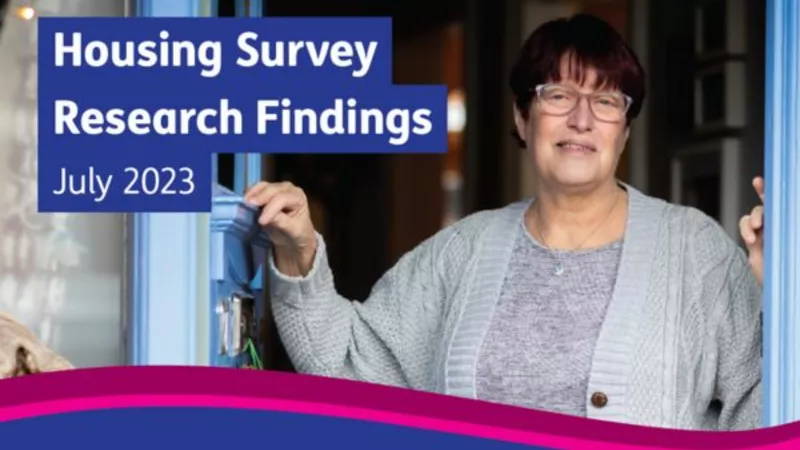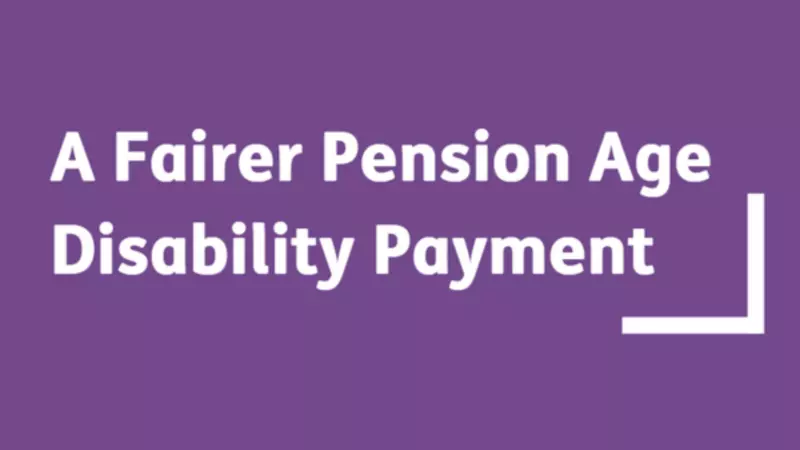On Every Street
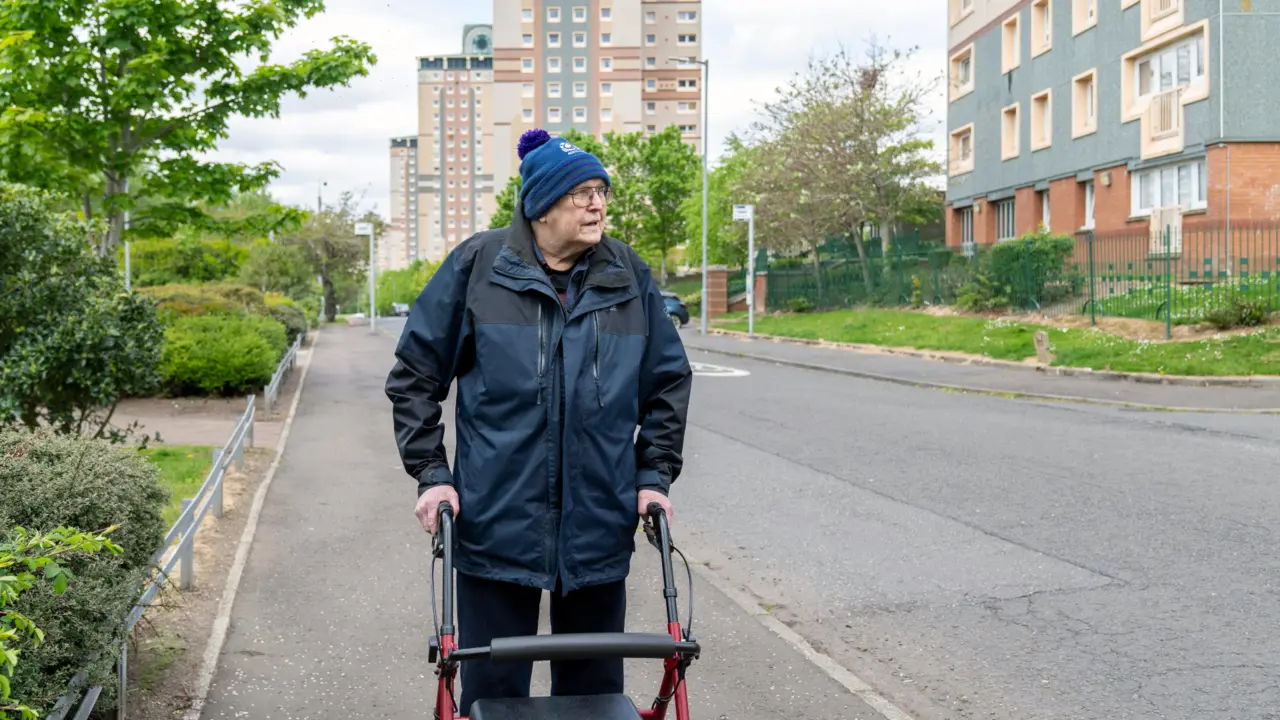
Loneliness can affect people of all ages, but it often hits older people particularly hard. Issues that are more common in later life – including bereavement, ill-health and retirement - can all be triggers for what is now widely recognised as a public health epidemic.
At Age Scotland tackling loneliness among older people is one of our key areas of work. Our friendship services provide weekly telephone calls to those experiencing loneliness and our community connecting service puts older people in touch with social initiatives in their area.
But as this report shows, loneliness continues to blight far too many lives.
The latest figures, included in this report, show that almost half of over 50s in Scotland are experiencing loneliness.
46%
Over 50s in Scotland who are lonely all or some of the time
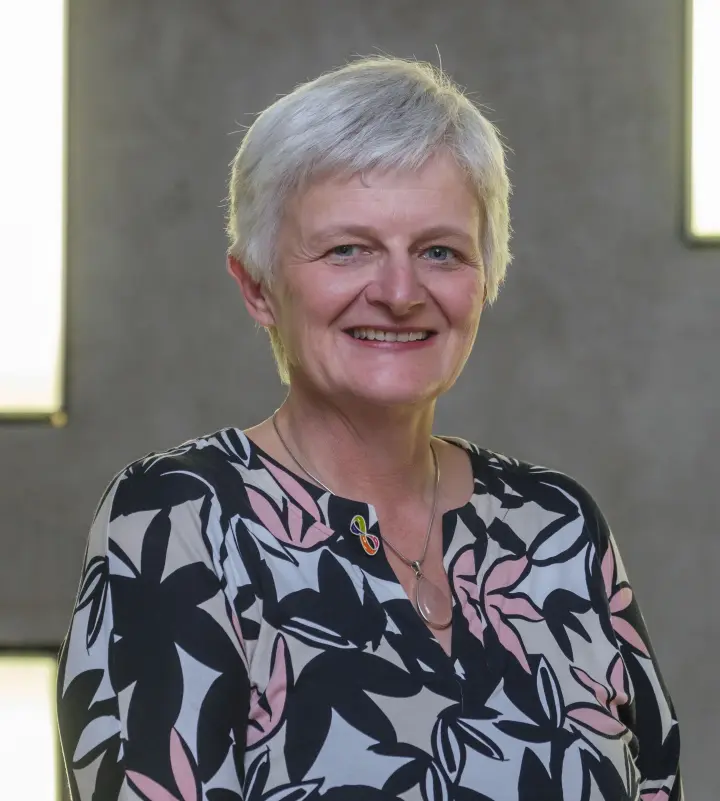
Reducing loneliness must become a national mission and should be declared as a public health crisis in Scotland.
Katherine Crawford, Age Scotland's chief executive
The current challenges older people face with the cost of living crisis, reductions in their disposable income and the ongoing pressure on public finances means they are spending less on socialising, and the public services they have relied on and keep them connected are being closed or their availability is severely reduced.
We hear regularly from older people who are affected by these service cuts. Even if the proportion of older people who are lonely remains the same, as our population ages there will be a staggering increase in the numbers who are affected unless urgent action is taken.
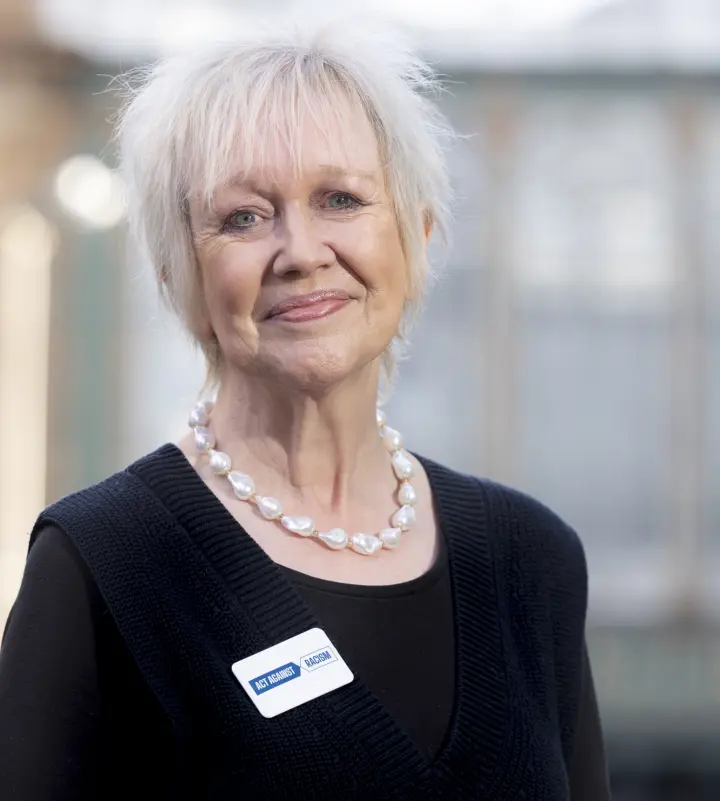
The stark fact is that loneliness kills.
Dr Jane Morris
Our latest research from a national survey of 1,287 people over the age of 50 in Scotland has identified that around half (46%) are experiencing loneliness.
- 5% are lonely all the time and 41% are lonely some of the time
The proportion of people who always feel lonely is higher for people living alone (10%) and respondents with a disability or health condition (8%).
People living in urban areas are slightly more likely to feel lonely all or some of the time than those living in rural areas - 50% compared to 44%.
Loneliness among unpaid carers is very high, with 41% saying they felt lonely all or some of the time.

